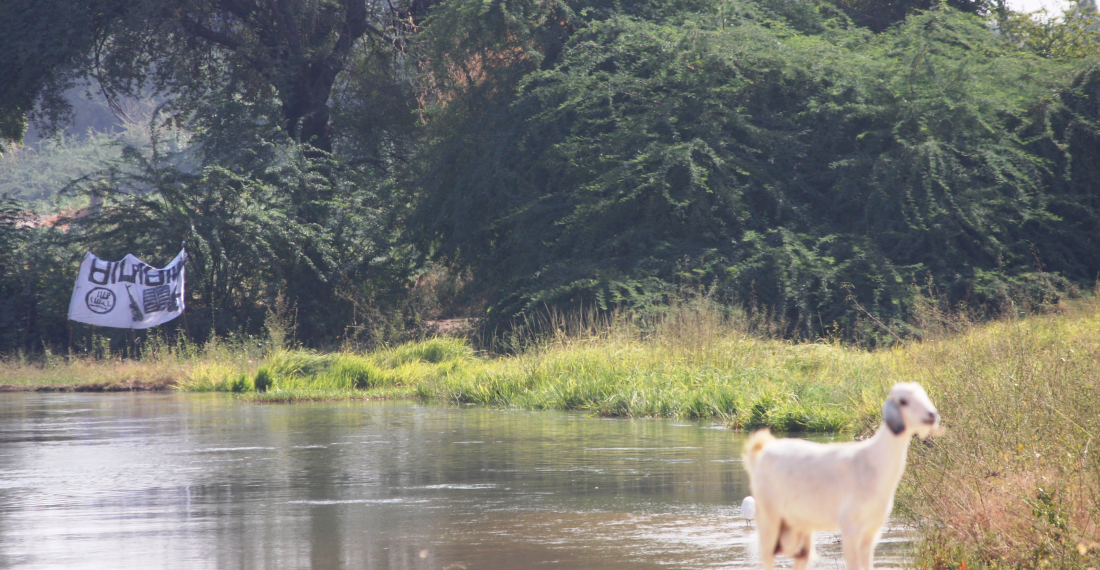At least 26 Chadian soldiers were killed and several wounded on Wednesday (4 August) in a suspected jihadist attack in the Lake Chad region, on the island of Tchoukou Telia, near the border with Cameroon. This region is known as a den for jihadists, in particular the terrorist group Boko Haram, which has conducted numerous attacks and has been very active there since 2016. Local authorities have blamed Boko Haram for the attack.
“26 elements of the Chadian army fell on the field of honour, 14 others were wounded, eight seriously. Several terrorists have been neutralised and the search continues,” Army spokesman General Azem Bermandoa Agouna told Agence France-Presse (AFP) on Thursday. A first assessment given by the authorities reported 24 soldiers killed.
The death of the soldiers “reminds us of the security challenges that we are still facing in part of our borders. The heavy price we are paying in this asymmetric war is bitter, but it will not be in vain. We will make the terrorist hydra capitulate,” reacted Mahamat Idriss Déby, president of Chad's Transitional Military Council (TMC) since the death of his father, Idriss Déby Itno, in April 2021, who died fighting against rebels.
The jihadist organisations, Boko Haram and its rival breakaway faction, the Islamic State West Africa Province (ISWAP), have increased their attacks at the borders between Niger, Chad, Cameroon and Nigeria in the past months, taking advantage of their knowledge of the region's marshlands.
Jihadists have also increased deadly attacks against security forces and civilians in the far north of Cameroon these past years.
At the end of July, Boko Haram launched several attacks in the region. On 24 July, at least six Cameroonian soldiers were killed in Sagmé, near the Nigerian border. Three days later, five soldiers and a civilian were killed in the same region of the far north.






